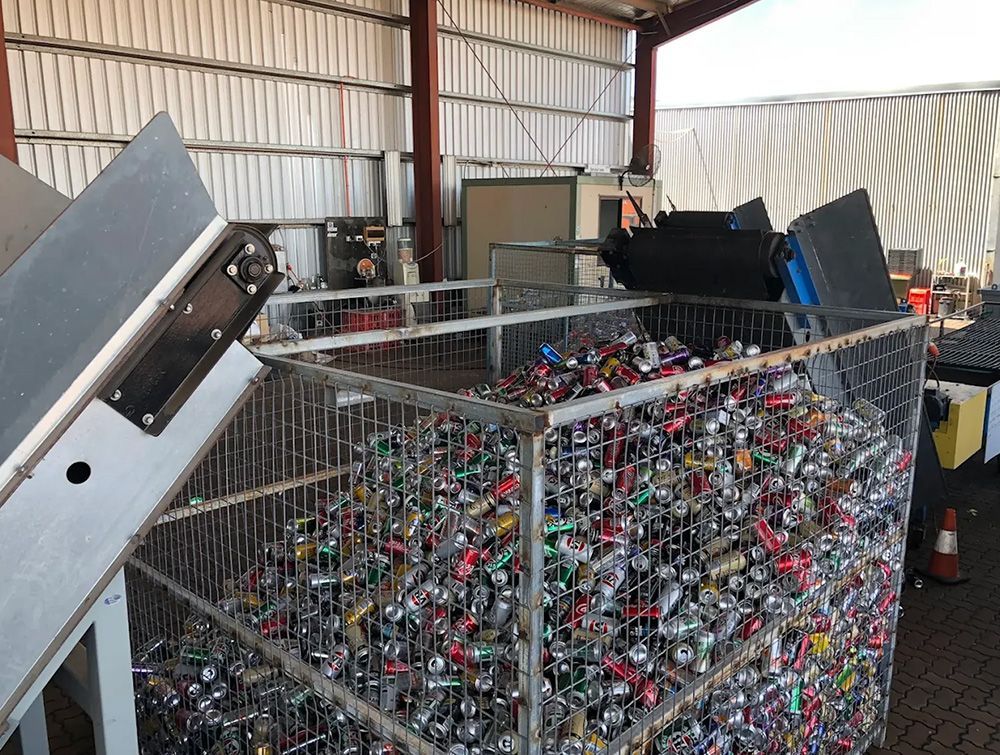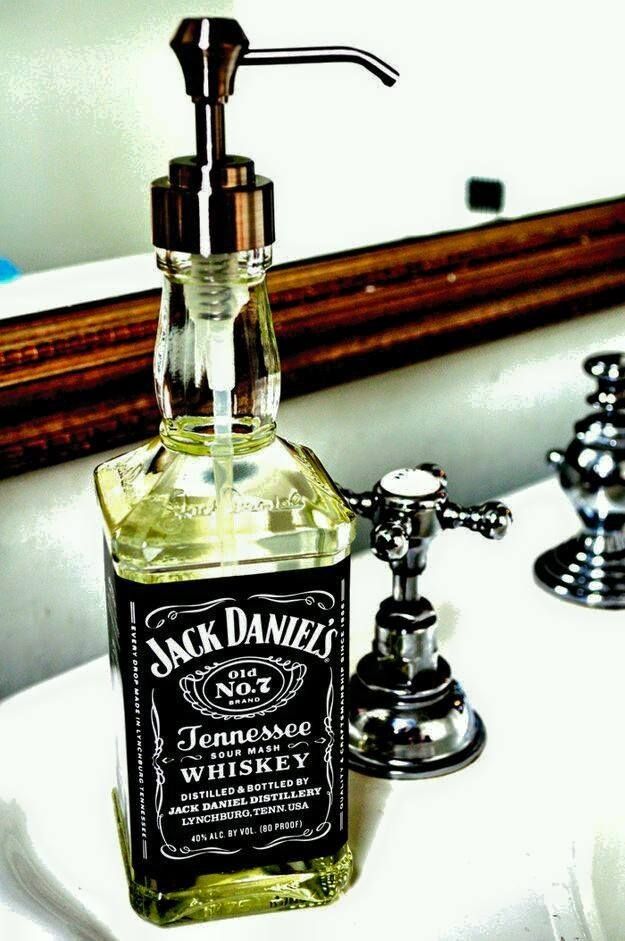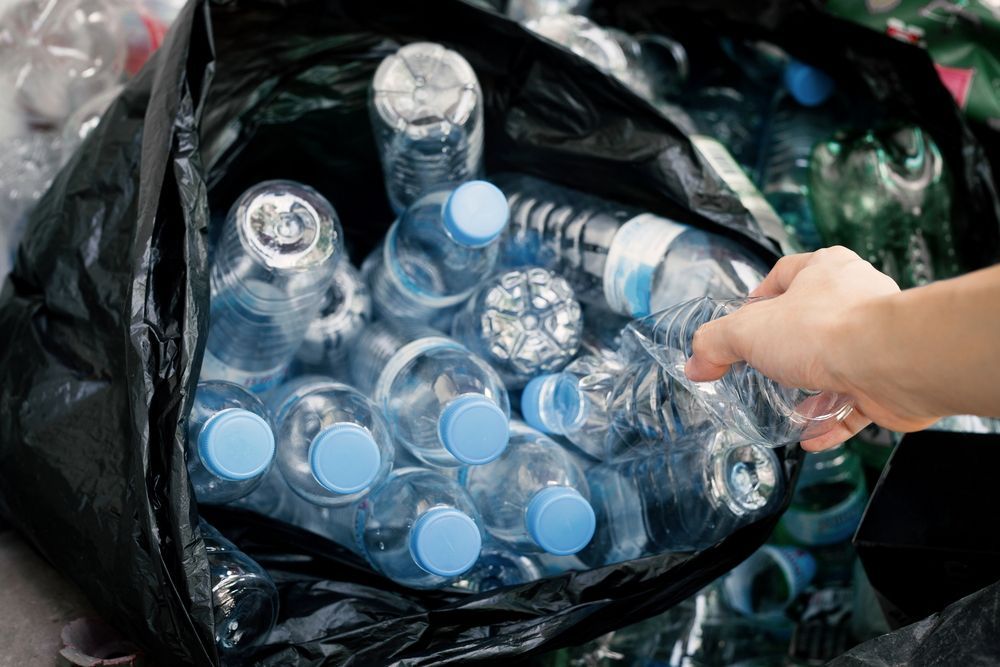Recycling Darwin
Instant cash for cans
Community-focused service
Reducing environmental impact
Request a Call Back
Thank you for contacting The Territory Can Man.
We will get back to you as soon as possible.
Oops, there was an error sending your message.
Please try again later.
It Pays to Recycle
10+
Years
Experience.
Do you have empty drink cans, bottles or cartons? The Territory Can Man is a ‘cash for cans’ drop off location for Darwin and surrounding areas. Drop off your recyclables at our Winnellie depot or we can deliver bins or cages for you to fill. We can even pick up your recycling in Darwin as long as it’s in a bulk bag.
We can recycle:
- Batteries, including car & truck batteries
- Cans
- Clear & coloured plastics
- Clear, green & brown glass
- Flavoured milk bottles & cartons
- Juice “popper” cartons
To obtain the 10-cent refund, ensure all items are clean, contain no liquid, and are sorted into categories. Still not sure? Contact our friendly team for a hand.
Helping Territorians recycle & reduce street litter
Where to Find Us:
Contacts
- Mon - Fri
- -
- Saturday
- -
- Sunday
- Closed
Eco-Friendly Initiative
Local Depot
Drop-Off or Collection
How Recycling in Darwin Works
Recycling in Darwin is designed to make it easy for households and businesses to do the right thing while reducing waste sent to landfill. With a few simple habits, you can make a real difference to how materials are recovered and reused.
How it works
- Kerbside recycling: Most households have two bins — a red-lid bin for general waste and a yellow-lid bin for recycling. The yellow bin takes paper, cardboard, glass bottles, metal cans, and most plastics numbered 1–7.
- Container Deposit Scheme (CDS): Under the NT Container Deposit Scheme, you can return eligible drink containers for a 10-cent refund. This includes cans, glass and plastic bottles, and juice cartons between 150 ml and 3 L.
- Drop-off centres: You can take larger loads or specialty items (like e-waste, batteries, and scrap metal) to drop-off points such as the Shoal Bay Waste Management Facility or Territory Can Man depots across Darwin.
- Processing and sorting: Collected recycling is sent to a Materials Recovery Facility (MRF), where machines and workers sort items into different material types before being baled and reprocessed.
By doing your part, you’re helping keep valuable materials in use and out of landfill. Every effort counts whether you’re using kerbside bins, drop-off centres, or the Container Deposit Scheme. For quick and convenient bottle recycling in Darwin, visit your nearest The Territory Can Man depot. With plenty of recycling near you, it’s never been easier to recycle right and make a lasting difference.
Environmental Benefits
As well as the money, there are many other benefits to recycling, including:
- Reducing energy and water use
- Reducing environmental impact
- Reducing greenhouse gas emissions
- Reducing waste going to landfill
- Reusing valuable materials
Depot
The Territory Can Man is part of the Northern Territory’s Container Deposit Scheme in Darwin. You can bring your 10-cent containers to our depot, drive through and exchange your approved containers. We accept cans, cartons and bottles for cash through our helpful and well-organised team.
To help our staff, do not crush the eligible containers you are returning. It would also reduce your waiting time to ensure your containers are clean, sorted into material types and do not have lids. Depots are not required to accept containers which are unclean, contaminated or have a lid on.
We pay the 10-cent refund for each container to the person who presents them at our depot at 102 Winnellie Rd, Winnellie.
Why Choose Us
At The Territory Can Man, we don’t just offer a place to drop off your recyclables—we’re committed to making recycling in Darwin easy, rewarding and impactful. With over a decade of experience in the Container Deposit Scheme (CDS), we combine convenience with community spirit. Whether you’re an individual popping in with a few bottles or an organisation collecting in bulk, our goal is to support your recycling efforts with speed, transparency, and integrity. Looking for reliable recycling near you? Choose us, and feel good knowing you’re working alongside a team that cares deeply about the local environment and community well‑being.
Fully Compliant & Accredited
We operate in full compliance with all relevant recycling regulations and maintain current accreditations to support responsible container handling. Every item we accept meets established criteria to ensure proper processing and eligibility for refunds. Our team follows strict safety, environmental, and quality standards at every stage of the recycling process. This commitment to compliance means you can recycle with confidence, knowing that your containers are handled legally, ethically, and with full transparency.
Environmentally Responsible Practices
We go beyond collecting cans and bottles—we’re dedicated to reducing waste and minimising environmental impact across all operations. From meticulous sorting of glass, aluminium, PET plastics, cartons and batteries to our bulk‑bag collection and bin‑return system, we prioritise efficiency and sustainability. Our practices help reduce litter, conserve energy and water, and lower greenhouse gas emissions—all while diverting valuable materials away from landfills. When you recycle with us, you’re contributing to a cleaner Darwin and a greener Northern Territory.
Tailored Solutions for Every Client
We recognise that recycling needs can vary widely, from individuals returning a few containers to organisations managing bulk collections. That’s why we offer flexible, practical solutions tailored to your situation. Whether you're a local school seeking to raise funds through bottle recycling in Darwin, a business needing regular container pickups, or a community group planning a large event, we can help. Our team supplies bins or cages on request, assists with collection logistics, and provides clear reporting to track your returns. By adapting our services to suit your schedule and scale, we make it easier for you to recycle efficiently and responsibly, wherever you are in Darwin.
Frequently Asked Questions:
What types of containers can I recycle through the Cash for Containers scheme?
Most aluminum cans, plastic and glass bottles and juice boxes between 150ml and 3L with a 10c mark are eligible. Always check the label for the refund message.
Do I need to clean my containers before recycling them?
Containers should be empty, but a quick rinse helps keep things tidy and makes storage easier, especially if you’re saving them up for a bulk collection.
How does recycling containers help the environment?
Recycling drink containers reduces litter, conserves natural resources and lowers the amount of waste going to landfill. It’s a simple way to make a positive impact.
What items can be recycled in Darwin?
Many everyday household items can be recycled through local curbside programs or drop-off centres. These include paper and cardboard, aluminium cans, glass bottles and jars, plastic containers labelled with recycling codes (usually 1 to 5), and steel tins. It’s important to rinse containers to remove food or drink residue and avoid placing non-recyclable items such as plastic bags, polystyrene, or soft plastics into standard recycling bins. Specific recycling centres may also accept electronic waste, batteries, and scrap metal, but you should always check with your local facility to confirm what they accept.
How does the bottle recycling system work in Darwin?
Bottle recycling in Darwin is supported by the Northern Territory’s Container Deposit Scheme, which offers a 10-cent refund for eligible drink containers returned to approved collection depots. Eligible containers generally include aluminium cans, glass bottles, plastic drink containers, and liquid paperboard cartons between 150mL and 3L in volume. Consumers simply save their empty containers, ensure they’re clean and uncrushed, and take them to a participating CDS point for cash or account credit. The initiative encourages environmental responsibility and provides a small financial incentive for individuals, schools, and community groups.
Why is recycling important for Darwin’s environment?
Recycling in Darwin helps protect the Top End’s unique ecosystems by reducing waste in landfills or the natural environment. It decreases the need for raw materials, conserves energy, and reduces greenhouse gas emissions associated with manufacturing and disposal processes. Proper recycling also minimises the risk of pollution entering waterways or harming wildlife, which is particularly crucial given Darwin’s proximity to coastal areas and national parks. By making sustainable choices, residents support a cleaner, more resilient environment for future generations.
What should I do with electronic waste in Darwin?
Electronic waste, or e-waste, includes old computers, phones, televisions, printers, and appliances that can’t go in regular bins. In Darwin, e-waste can be safely disposed of at designated drop-off points and council-run waste management facilities. Some recycling centres also host collection days for e-waste throughout the year. These items often contain valuable metals and components that can be recovered and reused, as well as hazardous materials that require proper handling. Responsible e-waste disposal keeps toxic substances out of landfills and reduces environmental harm.
Are all plastics recyclable in Darwin?
Not all plastics can be recycled in Darwin’s curbside bins. Generally, plastics labelled with recycling codes 1 (PET) and 2 (HDPE) are widely accepted, including items like water bottles, milk jugs, and detergent containers. Some councils may also accept codes 3 to 5, depending on their processing facilities. However, soft plastics, plastic bags, and polystyrene are not accepted in most curbside bins and should be taken to specialised collection points if available. Always check the recycling symbol on the packaging and follow local guidelines to avoid contamination in recycling loads.
Can I recycle glass bottles and jars in Darwin?
Yes, glass bottles and jars are commonly accepted in Darwin’s recycling system, both through kerbside collections and at Container Deposit Scheme depots if they are eligible beverage containers. It’s important to rinse glass containers to remove residue and remove any non-glass elements like metal lids or plastic caps before recycling. Non-beverage glass, such as cookware, window panes, or mirrors, usually cannot be recycled through regular bins due to melting points and composition differences. To avoid contamination, recycle only glass that matches local requirements.
How do I prepare my recyclables properly in Darwin?
Proper preparation of recyclables helps reduce contamination and improves the recycling efficiency in Darwin. Rinse containers to remove leftover food or liquids, flatten cardboard boxes, and place items loosely in the bin rather than bagging them. Avoid including soft plastics, food scraps, nappies, and hazardous materials in your recycling, as these can damage sorting equipment or result in whole batches being rejected. If unsure, consult local council resources or the signage on your bin to confirm what can and cannot be included.
What happens to recycled materials collected in Darwin?
Recyclable materials collected in Darwin are sorted at Materials Recovery Facilities (MRFs) before being sent to processors in Australia or overseas. These facilities separate materials like glass, paper, metals, and plastics using a combination of manual sorting, magnets, and optical scanners. Once separated, materials are cleaned and prepared for reuse when manufacturing new products. For example, recycled glass can become new bottles or insulation, plastics can be used for packaging or textiles, and aluminium can be endlessly recycled into new cans. Recycling supports a circular economy and reduces reliance on finite natural resources.
How does recycling benefit the local Darwin economy?
Recycling supports Darwin’s economy by creating jobs in collection, sorting, processing, and product manufacturing. Initiatives like the Container Deposit Scheme also encourage small-scale entrepreneurship and community fundraising efforts. Local businesses benefit from reduced waste disposal costs and improved environmental credentials, while the reuse of materials helps support local industry. Additionally, the recycling sector can drive innovation in waste management and resource recovery, helping to position Darwin as a sustainable and forward-thinking city with long-term economic and environmental benefits.
Can businesses participate in recycling programs in Darwin?
Yes, businesses in Darwin can access various commercial recycling services to manage their waste sustainably. Depending on their needs, they can arrange the collection of paper, cardboard, plastics, glass, and even food waste or hazardous materials through private waste management companies or local programs. Many businesses also participate in the Container Deposit Scheme, particularly hospitality venues with high beverage turnover. Recycling helps businesses reduce waste disposal costs, meet sustainability goals, and appeal to environmentally conscious customers, all while supporting the broader recycling effort in the Northern Territory.
How can I teach my children about recycling in Darwin?
Teaching children about recycling in Darwin is an excellent way to build lifelong habits and contribute to a cleaner future. Parents and educators can explain the importance of recycling, show how to separate waste at home, and involve kids in returning bottles and cans for refunds through the Container Deposit Scheme. Schools and childcare centres often have educational resources and sustainability programs, including recycling activities, workshops, and clean-up events. By making recycling a routine part of life, children learn to care for the environment and develop a strong sense of responsibility.













